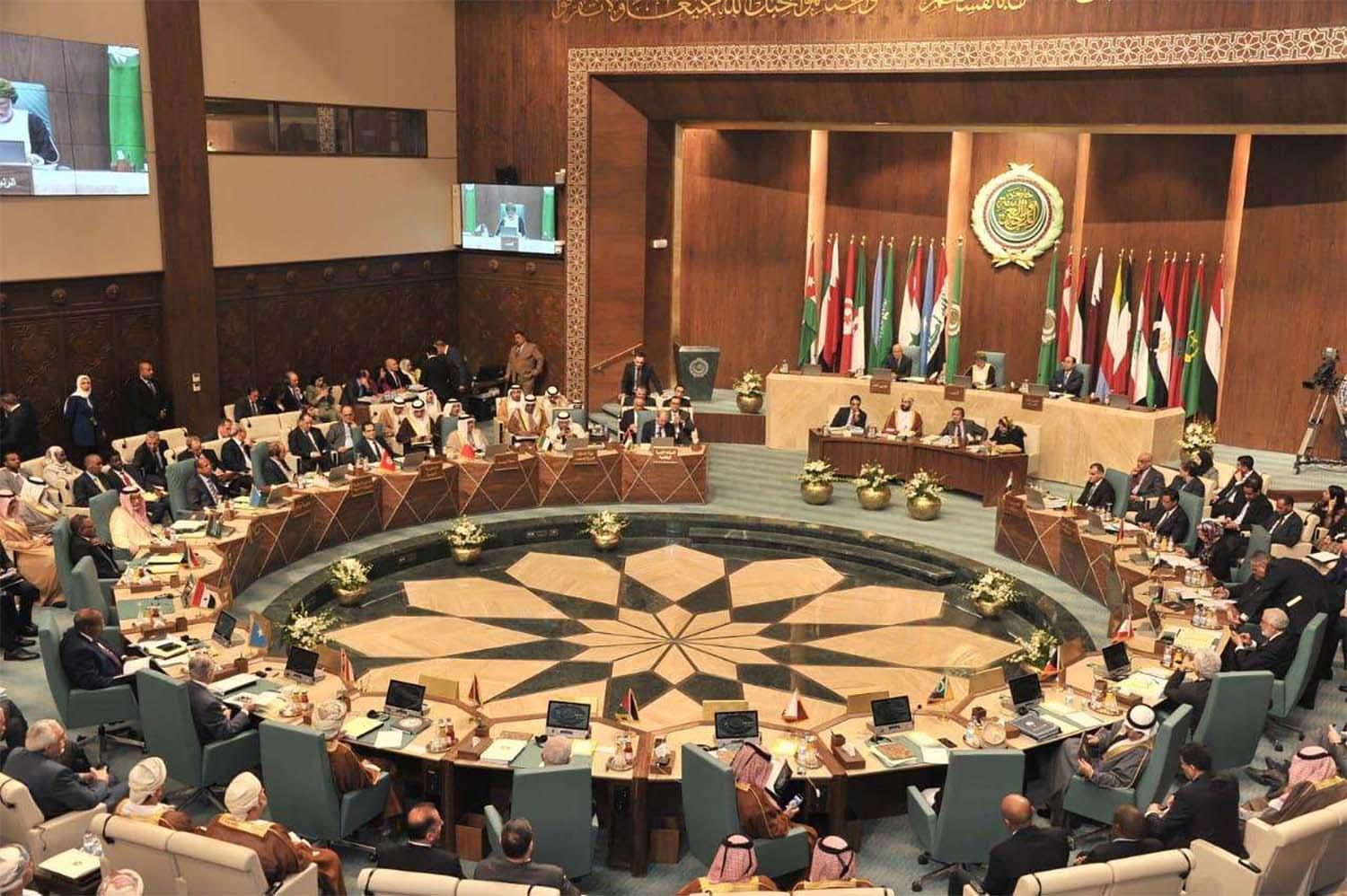Qatar is scheduled to host a consultative Arab League session on Tuesday, where Arab foreign ministers will hold discussions over issues concerning the region, including the Grand Ethiopian Renaissance Dam [GERD].
It was March 22nd, 1945, the end of the second World War, when seven Arab members collectively formed the now 76-year-old Arab League, a regional organisation of Arab states.
Egypt, Syria, Lebanon, Transjordan, Iraq, Yemen, and Saudi Arabia were the first to join the organisation following eight meetings in 1944, when the leader of the Iraqi delegation at the time Nuri Al-Said suggested the formation of a bloc which would see decisions implemented if there is consensus among member states.
The countries signed the Alexandria Protocol, which stipulated the establishment of the league in efforts to preserve the countries’ sovereignty and foster economic growth while resolving disputes and engaging in regional and political consultations.
The Arab states then signed the Arab League Pact the following year, formally announcing the creation of the organisation – the first regional entity of its kind.
The members gradually grew in numbers and by 1971, Qatar, Oman and the United Arab Emirates had joined.
Until 2011 when Syria was suspended, a total number of 22 states were involved.
Qatar to hold Renaissance Dam talks as Egypt FM heads to Doha
How it works
The members of the Arab League are: Qatar, Algeria, Bahrain, Comoros, Djibouti, Egypt, Iraq, Jordan, Kuwait, Lebanon, Libya, Mauritania, Morocco, Oman, Palestine, Saudi Arabia, Somalia, Sudan, Tunisia, the UAE, and Yemen.
The five observers of the League are Brazil, Eritrea, India, and Venezuela.
The league is broken into the Council—the highest level of the League—as well as representatives of member states, which include foreign ministers or permanent delegates.
Members hold meetings twice a year and host emergency sessions upon the request of two members, a scenario that was presented during the recent 11-day Israeli bombardment of Gaza as well as the Renaissance Dam dispute between Egypt, Sudan and Ethiopia.
Although the league is headquartered in Cairo, Egypt was suspended in 1979 after former President Anwar Sadat’s visit to Jerusalem and the signing of the peace agreement with Israel, which was seen as a betrayal given the organisation’s stance on the Palestinian cause.
The League was later moved to Tunisia until Egypt re-joined it in 1989.
Palestine
Since its establishment, the league has placed Palestine at the heart of its discussions as and concerns.
The Arab League created the Palestinian Liberation Order, which states that “the liberation of Palestine, from an Arab viewpoint, is a national duty.”
The organisation also issued the Khartoum Resolution, which barred all negotiations with Israel, and the 2002 Arab Peace Initiative, another accord that banned the establishment of ties with Tel Aviv as long as it occupied Palestine.
In recent years, Bahrain and the UAE violated the Arab Peace Initiative after signing the Abraham Accords, officially declaring the establishment of diplomatic and economic ties with Israel.
The signing of the accords further presented disunity in the Arab League, which has already faced criticism for years as several members have not been able to actively abide by the essence of the organisation.
More recently, the organisation was criticised for inaction in the deadly 11-day Israeli offensive on Gaza in May, where over 250 Palestinians were killed, including 66 children.
The Arab League continues to hold meetings on issues that concern the region.
Follow Doha News on Twitter, Instagram, Facebook and Youtube







